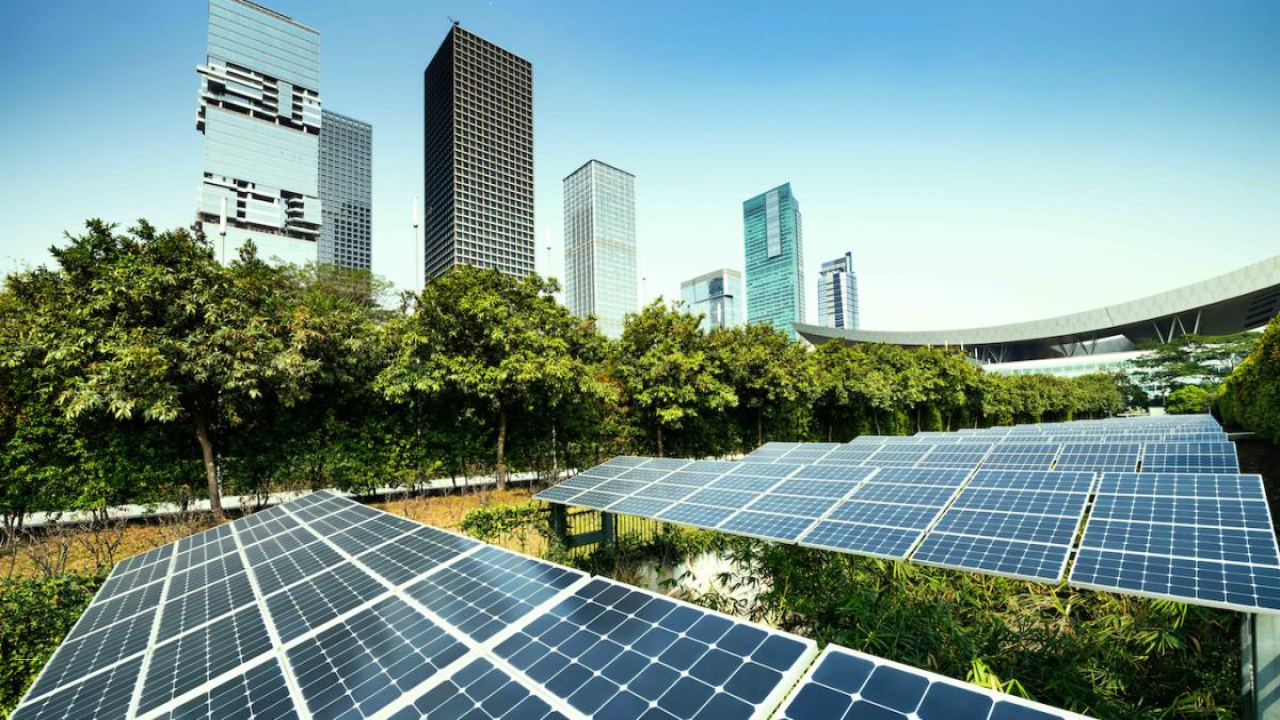Sustainable development of cities
Sustainable development of cities refers to the development of cities that meet the needs of the present generation without compromising the ability of future generations to meet their own needs. Sustainable development involves the integration of economic, social, and environmental considerations into urban planning and development.
Meaning of Sustainable Development of Cities
Sustainable development of cities refers to the development of cities that are environmentally, socially, and economically sustainable. It involves the integration of sustainable practices into urban planning and development, including the use of renewable energy sources, the promotion of energy-efficient buildings, the preservation of natural habitats, and the development of efficient transportation systems.
History of Sustainable Development of Cities
The concept of sustainable development emerged in the 1970s as a response to growing concerns about the impacts of economic development on the environment and social equity. The United Nations Conference on Environment and Development in 1992 led to the adoption of Agenda 21, which called for the promotion of sustainable development practices in cities and urban areas.
Types of Sustainable Development of Cities
Sustainable development of cities can be classified into several types, including:
- Green Cities: Green cities are cities that are designed to be environmentally sustainable, with a focus on promoting green spaces, renewable energy sources, and sustainable transportation systems.
- Smart Cities: Smart cities are cities that use technology and data to promote sustainable development practices, including the use of smart grids, smart buildings, and smart transportation systems.
- Eco-Cities: Eco-cities are cities that are designed to be self-sufficient and sustainable, with a focus on using renewable energy sources, promoting sustainable transportation, and preserving natural habitats.
Examples of Sustainable Development of Cities
Here are some examples of sustainable development of cities:
- Copenhagen, Denmark: Copenhagen is known for its sustainable development practices, including the use of renewable energy sources, the promotion of cycling as a primary mode of transportation, and the development of green spaces.
- Masdar City, United Arab Emirates: Masdar City is a planned eco-city that is designed to be self-sufficient and sustainable, with a focus on using renewable energy sources, promoting sustainable transportation, and preserving natural habitats.
- Portland, Oregon: Portland is known for its sustainable development practices, including the promotion of cycling and public transportation, the use of renewable energy sources, and the development of green spaces.
Issues with Sustainable Development of Cities
Despite their benefits, sustainable development of cities also has some issues:
- Cost: Sustainable development practices can be costly to implement, leading to concerns about the economic feasibility of sustainable development projects.
- Resistance to Change: Some residents and stakeholders may be resistant to change and may oppose sustainable development projects that require changes to their daily routines or lifestyles.
- Inequitable Distribution of Benefits: Sustainable development practices may not benefit all residents equally, leading to concerns about social equity


